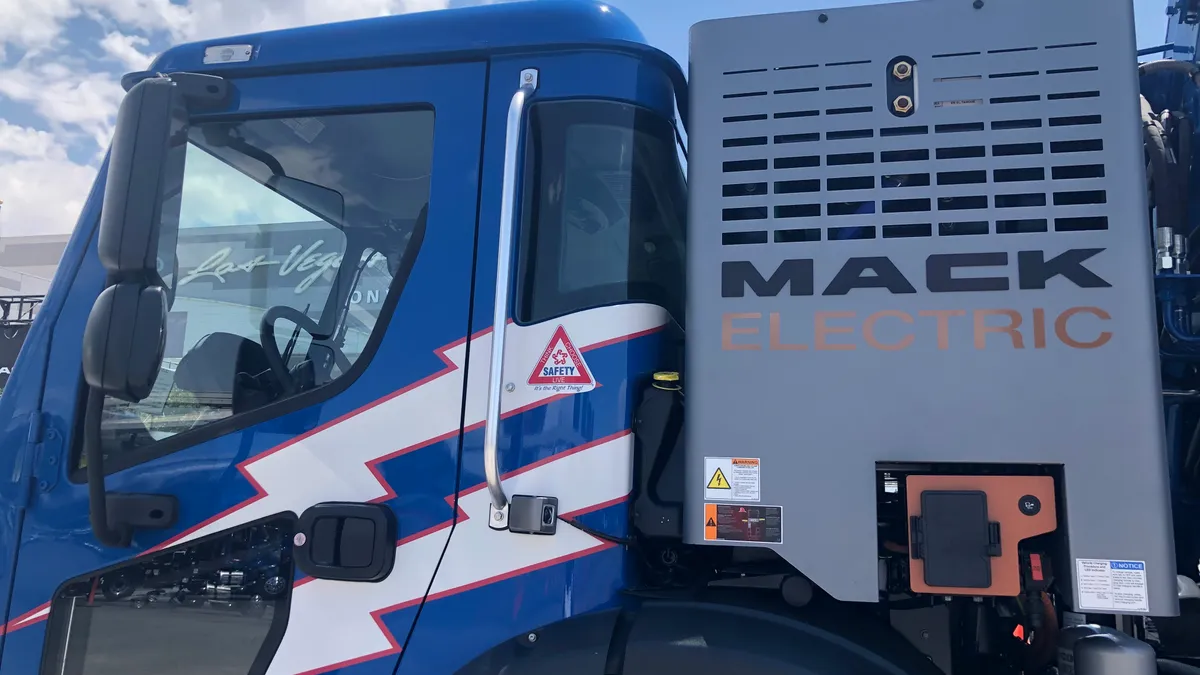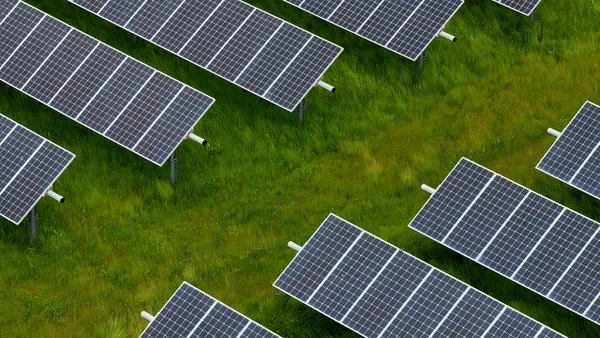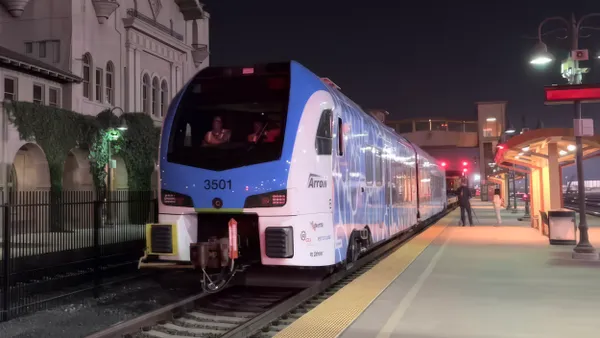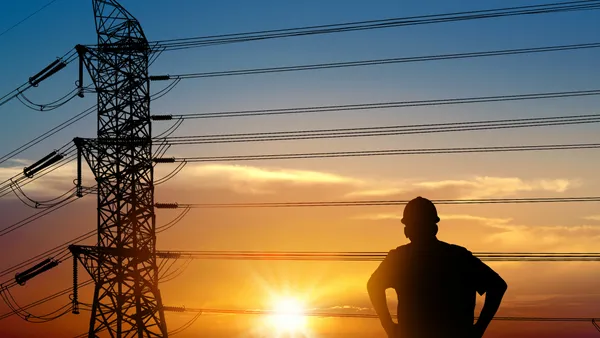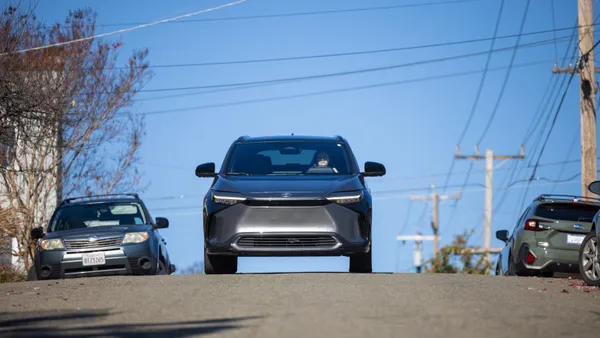“I’ve done a lot of things but never driven an electric garbage truck,” U.S. EPA Administrator Michael Regan exclaimed during a recent test drive of a Mack electric refuse vehicle, per a video shared on Twitter last week.
The event was used to tout the recently signed Inflation Reduction Act, with the video noting $1 billion “to replace dirty heavy-duty trucks with zero-emission models.”
Sen. Bob Casey, D-Pa., also recently test-drove a Mack LR Electric Class 8 collection vehicle.
Taking out the trash and pollution at the same time!
— Michael Regan, U.S. EPA (@EPAMichaelRegan) August 25, 2022
With funding from @POTUS’s Inflation Reduction Act, we’re going to replace heavy-duty trucks (like your garbage truck ???? ????) with zero-emission models ⚡️ — and ensure all communities have cleaner air to breathe. pic.twitter.com/Fz51KC0Uhy
Alternative fuel vehicles are poised to get a lift from the Inflation Reduction Act. A section of the law on qualified clean commercial vehicles offers up to $40,000 worth of tax credits for vehicles exceeding 14,000 pounds.
A recent Rocky Mountain Institute analysis of how the bill could electrify heavy-duty trucking notes “a new $1 billion Clean Heavy Duty Vehicles rebate program for state, municipalities, Indian tribes, and school associations to convert fleets to zero-emissions heavy-duty vehicles and other funding for disadvantaged communities that could be used to electrify local depots.”
A bill analysis by Senate Democrats called out “garbage trucks” specifically as a target for funding, alongside transit and school buses.
Phil Vos, program director at Energy Vision, a research institute focused on the intersection of waste management and sustainable transportation, said the incentives are “certainly going to help for people who are already leaning toward ultimate electrification.”
However, for fleets that haven’t decided to go electric, “I am not sure if the incentives that are available for electric vehicles are necessarily going to push you in the direction of electrification,” Vos said. He noted higher expenses associated with electric vehicles, the need for charging infrastructure investments and lingering questions about commercial readiness.
Incentives also exist for fleets with vehicles that run on compressed natural gas, Vos noted. The Inflation Reduction Act extended through 2024 the previously expired alternative fuels tax credit, a 50-cent-per-gallon fuel credit or payment. WM and Republic Services suggested on recent earnings calls that the annual impact of the fuel credit would be about $55 million and $15 million, respectively.
Vos said Energy Vision is awaiting guidance from the U.S. Department of the Treasury to better understand how the law will be interpreted.



